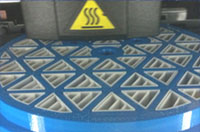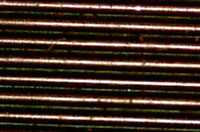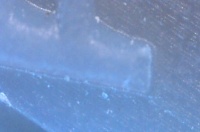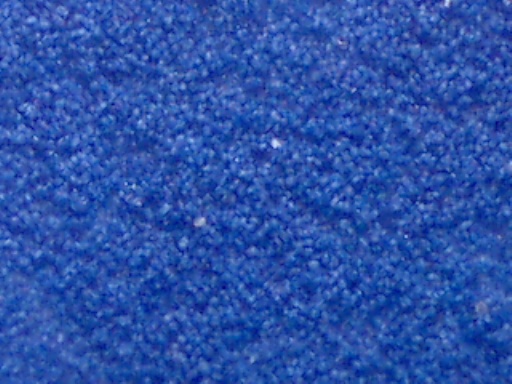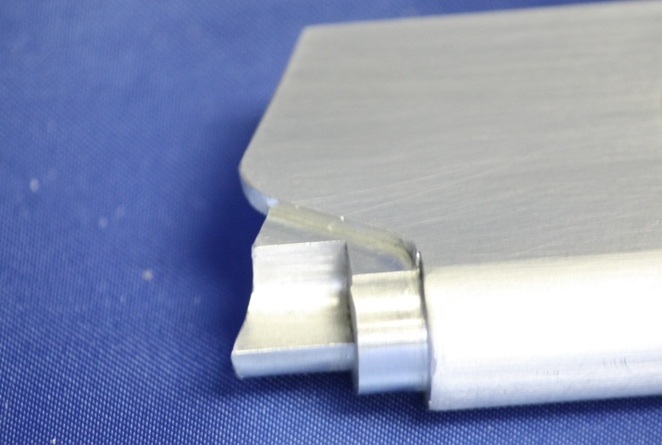Pleiger Plastics offers polyurethane prototyping services that are available for most custom molded products. Our polyurethane prototyping utilizes machined metals, FDM, SLA, and SLS to provide rapid prototypes in conjunction with the cast urethane process. The customer can further refine their product and perform tests without significant tooling investments and a full production run.
FDM prototyping services are short for Fused Deposition Molding and is essentially a filament of .01” diameter plastic extruded through a printing head in a specific pattern. The final part has a distinct line pattern on the outside surfaces, translating into the molded part. FDM parts typically require more time than SLS; however, they are more durable and lower cost.
SLA is short for Stereolithography, where layers of material are built up by exposing special reactive liquid polymers to UV light. Layer thicknesses can vary between .004″ and .001″. The final part has detail approaching machined metal and can be flexible or rigid. The primary disadvantage with SLA prototyping services is print time and the required support structure. Click here to see the support structure.
SLS prototyping services is short for Selective Laser Sintering and is essentially small spheres (.004”) of plastics fused by a laser. The final part has much better detail than FDM parts.
Machined metal is simply a metal blank CNC machined to the part’s dimensions. These prototypes are the most durable and most expensive. However, they have excellent detail. The primary disadvantage is when making a part with lettering, the letters will be recessed.

